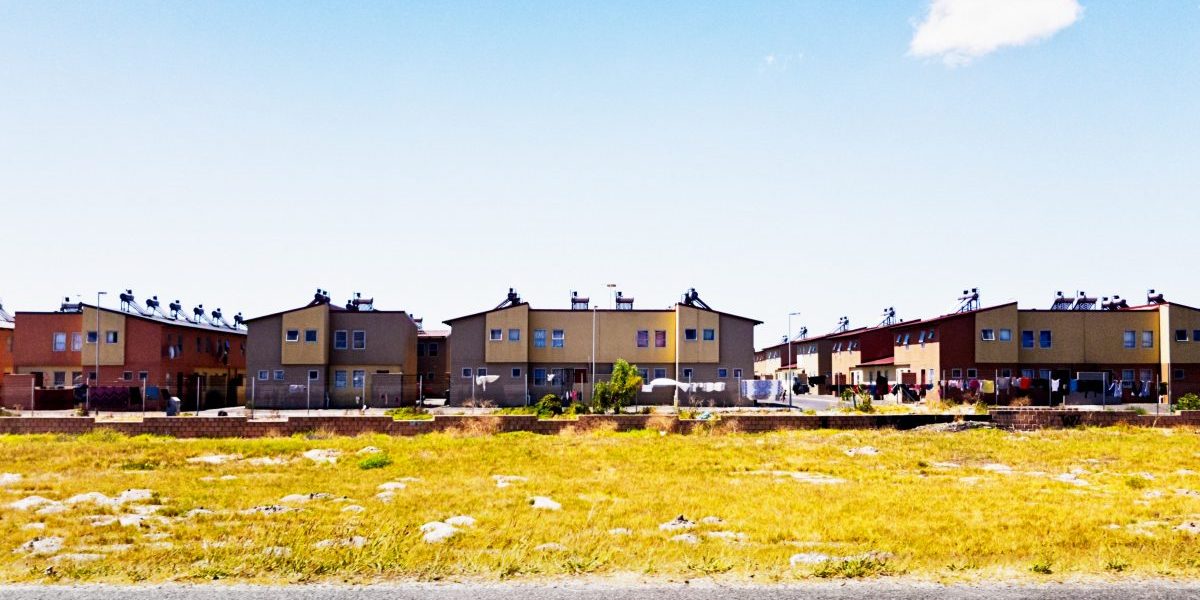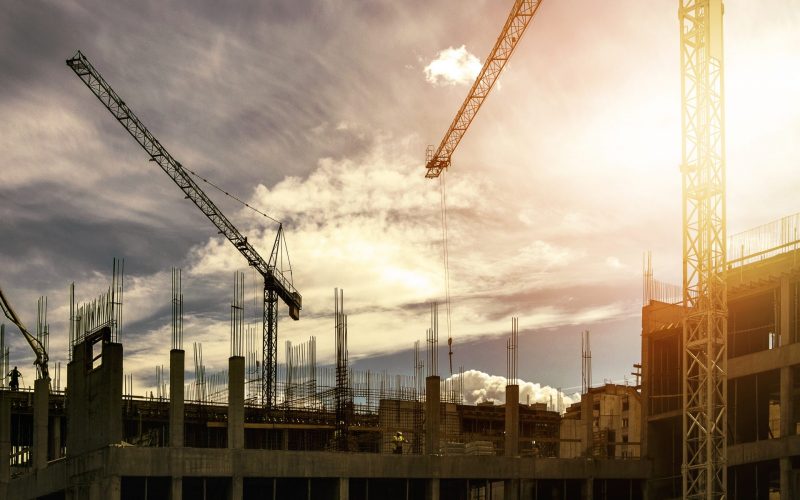Summary:
- Good infrastructure is widely believed to be a catalyst for economic growth and sustainable employment, but it requires significant investment to develop and maintain.
- South Africa has generally been reluctant to access funds from international development finance institutions and multilateral development banks. However, in the wake of the devastation caused by COVID-19, the government has become more open to the idea of international financial assistance for infrastructure projects.
- There are a number of internationally funded infrastructure projects under way in South Africa (such as in the energy, transport, water and sanitation sectors), with massive potential still to be unlocked involving projects worth billions of rands.
- There are early signs that the South African government, in collaboration with various local and international partners from the investment and development finance communities, is laying the foundation for a more robust infrastructure development strategy for the country, particularly in relation to building a ‘green economy’.
- It is well known, however, that infrastructure development is a very complex and protracted affair, involving many phases and multiple stakeholders whose activities have to be coordinated, tracked and managed. Clearly defined roles, capacity and commitment at all levels are therefore essential if projects are to be successfully (and cost-effectively) completed.








